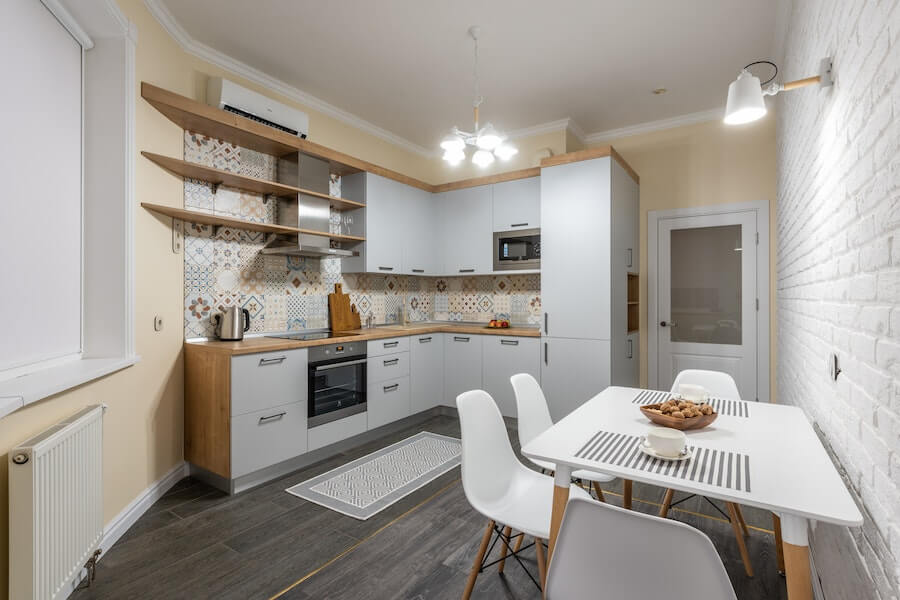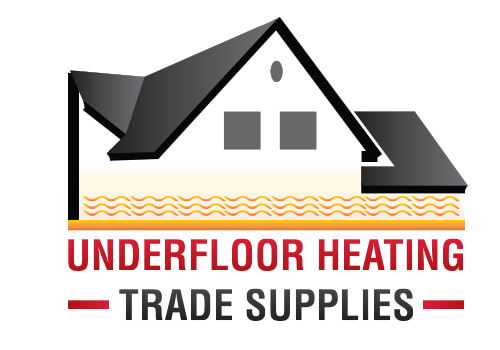
In the midst of an alarming rise in climate change, investing in energy efficient heating is more important than ever. The heat we use to warm our homes around the world is the culprit of 40% energy-related carbon dioxide emissions[i], a shocking number that may have flown under your radar. However, choosing or creating an effective heating system doesn’t have to break the bank. Here’s our guide to energy efficient heating, and tips on making your current system more effective.
What are The Most Energy Effective Heating Types?
There are plenty of heating types on the market, but what is the most energy effective heating type? Here are the three main types of heating used in the UK, ranked by their energy efficiency:
- Heat Pumps – Most people believe heat pumps to be the most energy effective heating type. This is because they capture heat and move it, allowing a cooler home in the summer and warmer rooms during the winter. Their high efficiency makes heat pumps less impactful on the environment, too.
- Furnaces – Furnaces are one of the more common heating systems we use to heat our home, with common furnace types including the use of gas, oil and electricity. However, the efficiency of furnaces depends on the type that you choose. Gas and oil are not particularly efficient overall since they involve the burning of fuels to provide heat. However, electricity furnaces produce no gases or C02, providing a relatively efficient but highly expensive heating option. All furnaces have a sticker showing its energy efficiency rating.
- Boilers – Finally, boilers are another common heating system in our homes. A boiler produces hot water, which it can then circulate through the pipes and radiators of your home. Depending on the boiler type you have, you may have a more energy efficient model. For example, condensing boilers are generally more energy efficient than regular boilers. Like furnaces, boilers have a sticker to show their energy efficiency rating.
How To Make Your Heating System More Efficient
Although you may not be able to change the heating type you have, there are certainly ways you can create an energy effective heating system without breaking the bank. Here are our tips for making your home’s heating system more efficient:
1. Install Underfloor Heating
Underfloor heating has gained plenty of traction in the discussion about energy efficient heating recently because of the benefits it brings. For example, due to the large surface area underfloor heating sits beneath, the temperature only has to be a few degrees higher than the normal room temperature to adequately heat the room. This requires less energy and keeps the room warmer for longer.
Additionally, underfloor heating guarantees an even distribution of heat. Where heat produced by radiators rises to the top of the room, underfloor heating warms the entire room and the people in it. Naturally, this means you don’t have to keep underfloor heating on for as long as other heating options.
In particular, electric underfloor heating systems are renowned for their high efficiency and low maintenance. Electric underfloor heating is a slim heating option that is easy to install and use without having to constantly turn it off and on for adequate warmth.
By installing underfloor heating, you can expect to use anywhere between 15% and 40% less energy than a radiator[ii].
2. Add Good Insulation
Insulation is the key to keeping heat in your home. Unfortunately, heat will naturally escape even with the best quality insulation. However, the more effective your insulation, the more heat you will manage to keep in your home. So, you should try and add insulation to as many parts of your home as you are able to.
Here are some of the most effective ways to insulate your home:
- Cavity wall insulation
- Pipe insulation
- Loft insulation
- Wall insulation
- Roof insulation
In the long run, adequately insulating several parts of your home can save you a huge amount of money. For example, just adding cavity wall insulation can save up to 15% on your heating costs[iii] and floor insulation can save around 20% of energy[iv]. If you are able to insulate some parts of your home, you can expect warmer rooms and lower bills all round.
3. Replace Your Boiler
Boilers over 25 year olds are nowhere near as efficient as more modern models which have been designed with energy effective heating in mind. So, if you are looking to purchase a new boiler, make sure to opt for an energy efficient model. All modern boilers are condensing boilers, meaning they recover heat that has been lost using the flue to preheat the system for heating.
To determine the energy efficiency of boilers, look no further than their efficiency rating. Like most other appliances, boilers have efficiency ratings from A to G. Generally, all modern boilers must have an efficiency rating of A, or 90% efficient. Unfortunately, it’s hard to determine the efficiency rating of older boilers, since the energy efficient ratings are applied retrospectively.
By investing in a new, energy efficient heating boiler, you can expect to save around 30% on your current energy bills[v].
4. Turn It On Only When You Need It
Some people believe that leaving the heating on low all day is an energy efficient way of running their heating. However, this isn’t exactly correct.
Your home is always losing heat even when you have your heating on, whether you have premium insulation or not. Additionally, the colder the temperature outdoors, the more heat your home will lose. So, to make up for heat your home is losing, your heating system will have to power on at regular intervals. This means that the longer you keep your heating on, the more heat your home will lose. Plus, the more expensive your heating bills will become.
So, for effective heating, turn your system on only when you need it. For reference, many homeowners aim to start using their central heating when the clocks go back. However, we’d recommend trying some alternatives for heating your home first, such as the use of draught excluders, to run a more effective heating system.
By heating your home only when necessary, you can expect to save around £70 a year[vi].
Choosing Effective Heating
Creating an energy efficient heating system is now more important than ever. With climate change looming and the energy price cap at an all time high, there are things we can all do to lessen our impact. So, follow our tips for effective heating to reduce your effect on our climate and see a much-needed drop in energy bills.
Sources
[i] https://www.bbc.com/future/article/20201116-climate-change-how-to-cut-the-carbon-emissions-from-heating
[ii] https://www.idealhome.co.uk/property-advice/how-efficient-is-underfloor-heating-298556
[iii] https://www.myutilitygenius.co.uk/energy-efficiency/insulation
[iv] https://www.insulationexpress.co.uk/blog/how-to-save-energy-with-insulation.html
[v] https://www.theheatinghub.co.uk/boiler-efficiency-guide-and-energy-saving-tips
[vi] https://www.citizensadvice.org.uk/consumer/energy/energy-supply/get-help-paying-your-bills/make-sure-your-home-is-energy-efficient/
